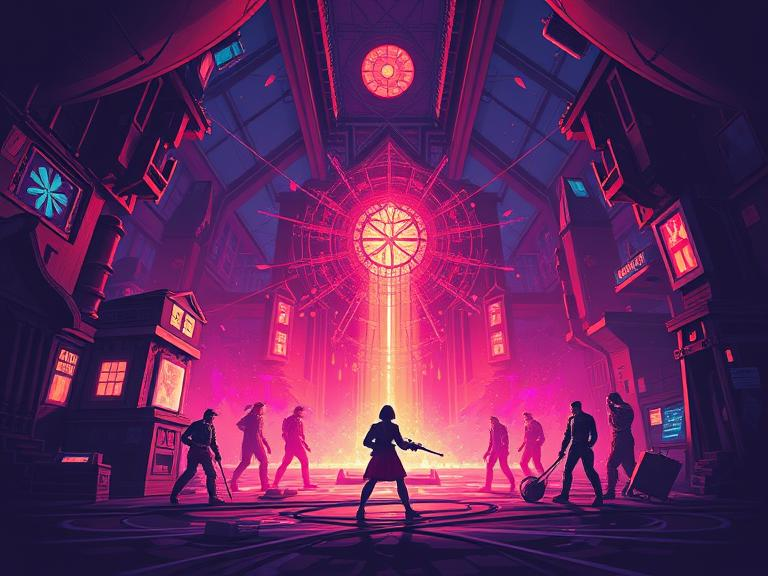Many games track morality through binary systems: good vs evil, paragon vs renegade. But increasingly, developers are moving away from explicit moral meters in favor of consequence systems that reflect nuanced decision-making without clear judgment.
In The Witcher 3, Geralt’s choices rarely boil down to good or evil. Instead, the consequences unfold over time and may not become clear until much later. Saving one character may doom another. What seems like the right thing in the moment might have unintended effects.
Red Dead Redemption 2 does include a basic honor system, but more importantly, it lets players see the social impact of their behavior. NPCs react differently based on your reputation. Story moments shift subtly, not drastically, allowing a range of expression without rigid outcomes.
Games like Disco Elysium abandon morality meters entirely. The player’s internal dialogue and choices shape personality, ideology, and narrative paths in unpredictable ways. It’s not about what’s right or wrong—it’s about who you’re becoming.
The strengths of consequence-driven systems:
- Encourage roleplaying over point-scoring
- Create ambiguity and emotional conflict
- Enhance replayability through variation
- Reflect the complexity of real-world ethics
Players don’t always need to be told they’re “good” or “evil.” They need to feel the weight of their decisions—through relationships, reactions, and irreversible outcomes. That’s what makes choice meaningful.

Leave a Reply